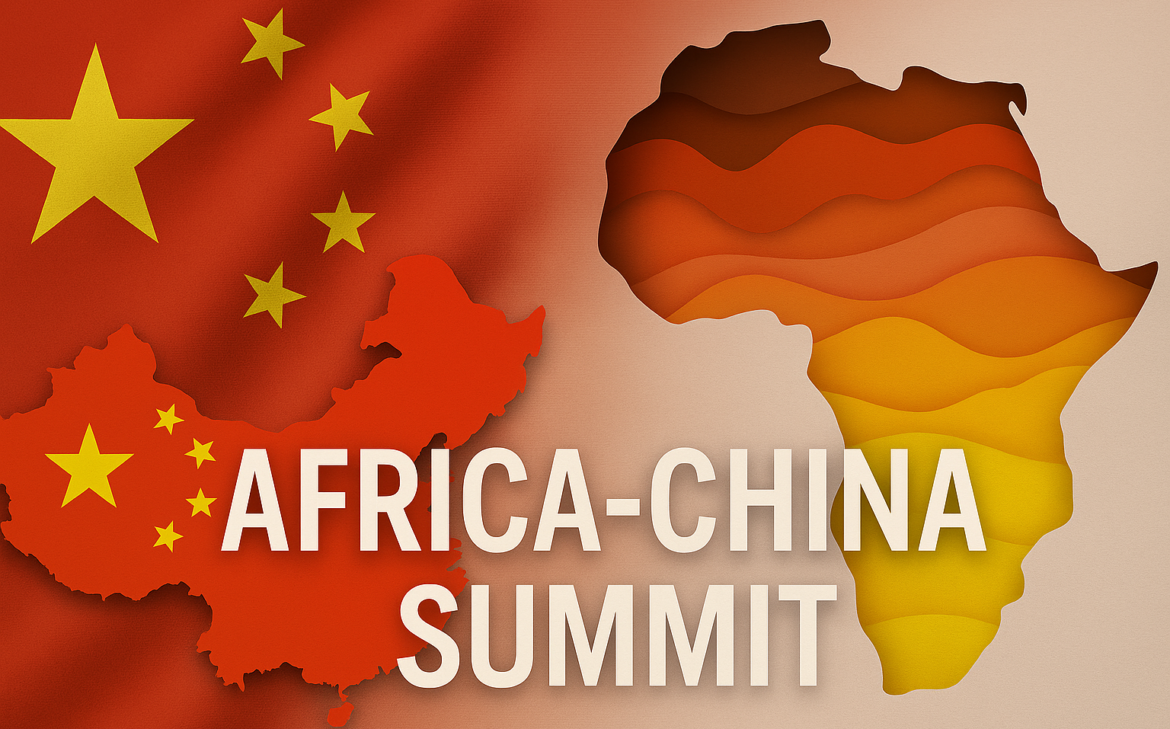Unlike what obtained during the Berlin conference of 1884 where Africa was carved up and divided between European powers without the consent or knowledge of the inhabitants of the continent in a bid to grab the resources available on the continent to create wealth for themselves, the Eastern block has of recent being taking a more subtle approach under the guise of supporting African countries grow to grab the resources of the continent for themselves.
Apart from China that has now held five ministerial conferences and four China-Africa summits to extend its footprints on the African continent, India has also organized three India-Africa forum summits while Russia has held two of such summits, the last of which was held in St. Petersburg last year where Russia wrote off $23 billion of African debts in their bid to warm their way into the hearts of African leaders.
During the recently concluded China-Africa summit, the Chinese leader committed 360 billion yuan ($51 billion) in financial assistance to African countries over the next three years which is five times the $10 billion that the Chinese government committed to at the last China-Africa summit held in Dakar in 2021.
While the Eastern bloc might appear to be supporting economic growth on the African continent, their actions are far from being altruistic as they have underlying motives for their interest in Africa which they see as a continent with large quantities of resources that they desperately need to sustain the growth of their economies.
As a result, China has been very deliberate about its relationship with Africa, which has seen trade between them grow exponentially over the past two decades, with trade volumes increasing from $10 billion in 2000 to over $200 billion by 2020. Beyond economic interests, China’s strategic partnership with Africa offers numerous benefits, including:
- Access to Natural Resources: Africa is rich in natural resources, such as oil, minerals, and timber, which are essential for China’s industrial growth and energy security.
- Market Expansion: Africa’s growing middle class presents a vast market for Chinese goods, services, and investments, diversifying China’s export markets.
- Infrastructure Development: China’s investments in African infrastructure, such as roads, railways, and ports, enhance regional connectivity and facilitate trade.
- Geopolitical Influence: China’s presence in Africa strengthens its global influence, countering Western dominance and promoting multipolarity.
- Energy Security: Africa’s energy resources, particularly oil and gas, contribute to China’s energy diversification and security.
- Agricultural Cooperation: China’s investments in African agriculture enhance food security, support Chinese agricultural technology exports, and promote South-South cooperation.
- Strategic Military Presence: China’s military bases in Africa, such as in Djibouti, support anti-piracy efforts, protect Chinese interests, and demonstrate China’s global military reach.
By fostering strong ties with Africa, China achieves a win-win scenario, driving economic growth, expanding its global influence, and securing vital resources. As China continues to strive for global dominance, strategic partnerships with African countries will remain a cornerstone of its foreign policy.
On the flip side, African leaders are getting more disillusioned with Western governments whom they feel have not delivered on their promises to support the growth and development of their countries while they continue to exploit the continent of its natural resources. This is coupled with the shift in global power dynamics as a result of the increasing influence of the BRICS nations (Brazil, Russia, India, China, and South Africa) and also the increased African integration like the African Continental Free Trade Area (AFCFTA) which promotes regional-corporation and trade while reducing dependence on external powers.
Africa appears to be the beautiful bride which Western and Eastern bloc countries are now wooing with all sorts of incentives and African countries seems to be accepting the advances of the suitors that are presenting better ‘gifts’. But the question arises, does Africa have to accept any of these ‘gifts’? Why aren’t African countries utilizing their resources and adding value to them before allowing them to be exported out of the continent?
Rather than accepting the Greek gifts being offered by foreign powers in exchange for access to African resources, what African countries need are investments in the development of human capital, technology transfer, and an industrialization drive to enable African countries to take advantage of their resources while processing them into finished goods thereby adding immense value to their economies before such goods are exported out of the continent.
While African leaders continue to pander to the whims of foreign powers who summon them to summits in their various countries under the guise of partnering with Africa while negotiating huge concessions on African resources for their countries, they need to realize that if they are serious about developing Africa, they need to start looking inward and harnessing the resources themselves for the benefit of their people.
Oshobi, a management consultant, development economist, and author writes from Lagos, Nigeria

